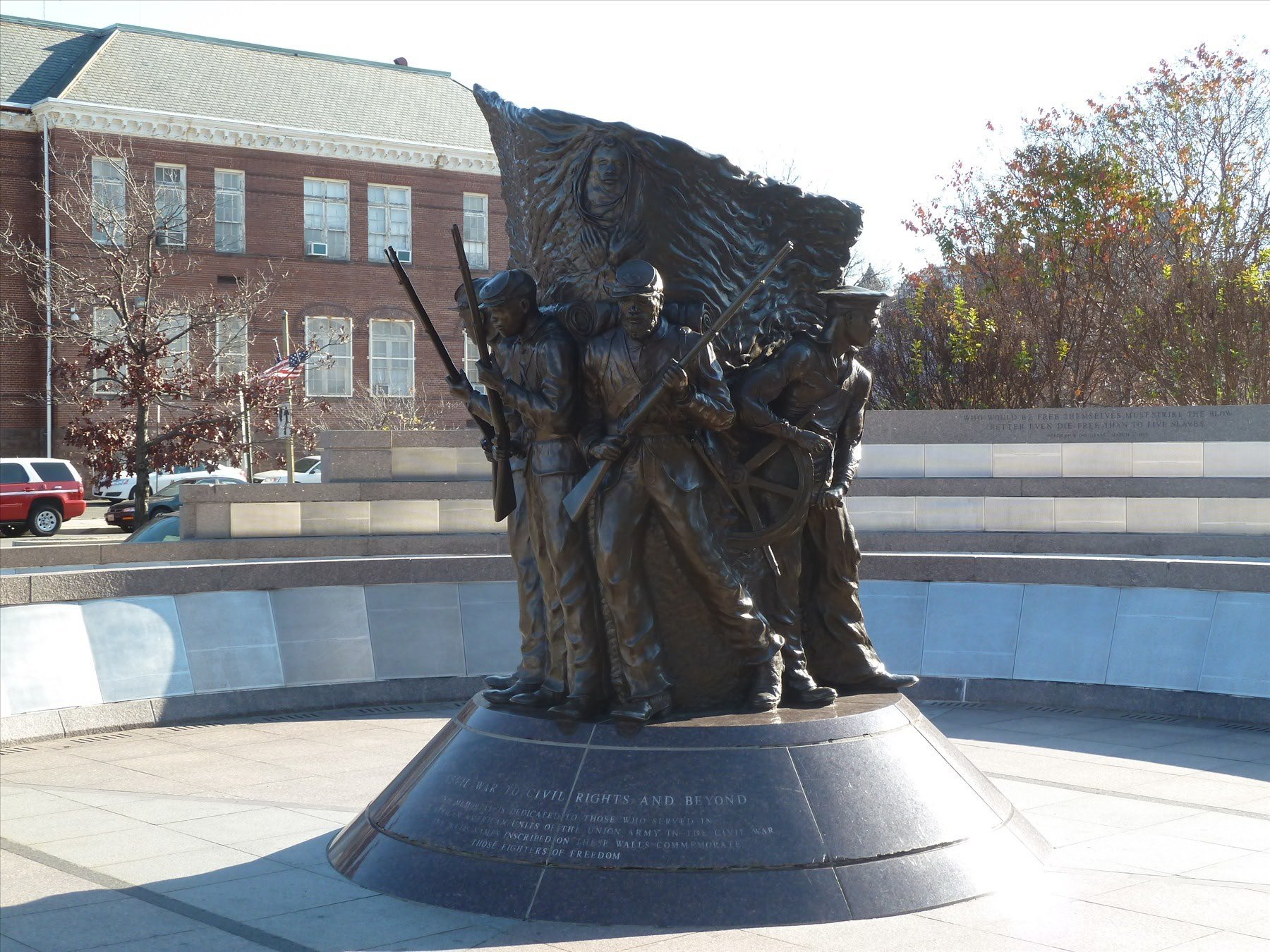
Although slavery in the USA finally ended in 1865, the journey toward racial justice was far from complete. By the early 20th century, oppressive systems of legal racial segregation were an accepted “way of life” in most of our nation. One hundred years after the Emancipation Proclamation, Dr. Martin Luther King Jr. made the following observation at the beginning of his famous “I Have a Dream Speech” on the steps of the Lincoln Memorial on August 28, 1963:
Five score years ago, a great American, in whose symbolic shadow we stand today, signed the Emancipation Proclamation…But 100 years later, the Negro still is not free. One hundred years later, the life of the Negro is still sadly crippled by the manacles of segregation and the chains of discrimination. One hundred years later, the Negro lives on a lonely island of poverty in the midst of a vast ocean of material prosperity. One hundred years later the Negro is still languished in the corners of American society and finds himself in exile in his own land.
Sixty years after Dr. King spoke these words, the journey toward freedom and racial justice continues. Racial disparities in criminal justice, education, health care, employment, and financial security reveal that further steps are needed to live into our nation’s foundational principles of freedom and justice for all. As we give thanks for the Emancipation Proclamation and other significant steps toward racial justice, may we also recommit ourselves to be among those in our generation who recognize where we still fall short and work to eliminate those disparities that diminish the image of God in any of our sisters and brothers.
